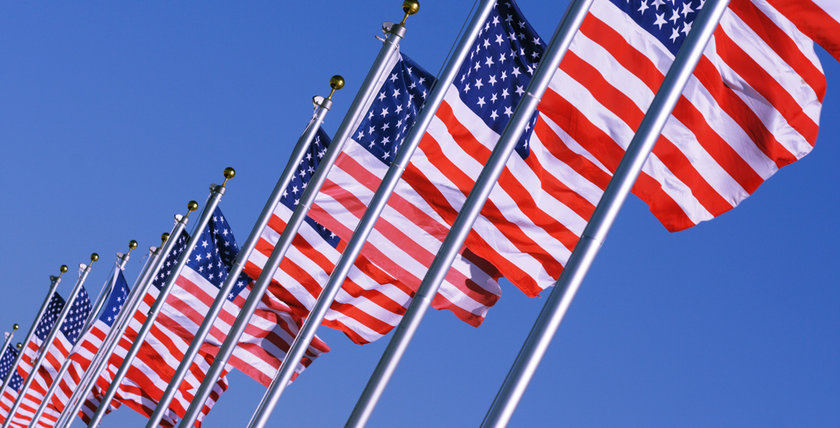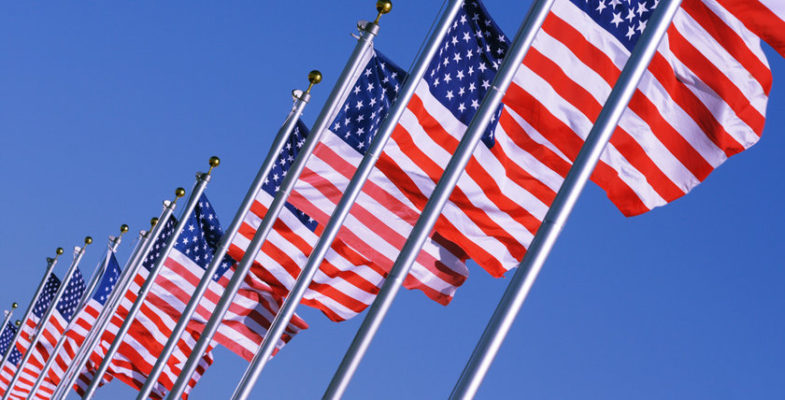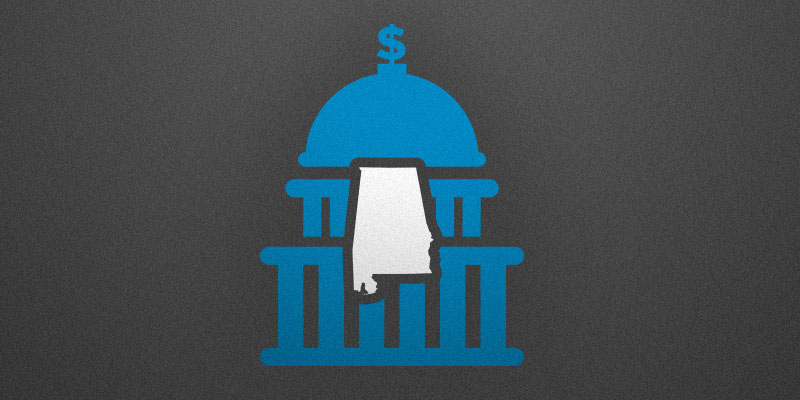
Raised to love my country and our flag, and because it’s reserved for time with my family, the Fourth of July is a day that I look forward to from the very first signs of summer. For me, at least, I sense that this year will be somewhat bittersweet. When we celebrate America’s independence, we necessarily celebrate freedom–unprecedented and unmatched by any other nation. For the first time in my life, I fear that my own freedom might actually be at stake.
As the left tirelessly labels as hateful anyone expressing the slightest disappointment over the Court’s ruling on marriage, any objective constitutional scholar has to admit that this decision goes well beyond the simple act of requiring that marriage licenses be issued to any couple who seeks them. Rather, it tips the scales of justice against one of our nation’s foremost freedoms: the free exercise of religion.
As you have likely read and heard numerous times over the weekend, the Court has designated the right to marry as one that is “fundamental.” Assigning this status to same-sex marriage places it on equal footing with the free exercise of religion, a freedom enumerated in the First Amendment. Such a designation for same-sex marriage has vast implications, of course, for anyone with a religious objection to it. Precedent dictates that government action may limit a fundamental right if the action promotes a compelling or overriding state interest. Sadly, the Court made no effort in last week’s decision to assure the protection of religious liberty in the face of this new state interest in same-sex marriage.
The majority writes, “[m]any who deem same-sex marriage to be wrong reach that conclusion based on decent and honorable religious or philosophical premises, and neither they nor their beliefs are disparaged here. But (emphasis mine) when that sincere, personal opposition becomes enacted law and public policy, the necessary consequence is to put the imprimatur of the State itself on an exclusion that soon demeans or stigmatizes those whose own liberty is then denied.” In other words, if exercising your First Amendment rights, including that of religion, is interpreted as demeaning the fundamental right to a same-sex marriage, then your religious right will be deemed inferior.
To this end, Justice Alito did not mince words: “[The decision] will be used to vilify Americans who are unwilling to assent to the new orthodoxy. In the courts of its opinion, the majority compares traditional marriage laws to laws that denied equal treatment for African-Americans and women. The implications of this analogy will be exploited by those who are determined to stamp out every vestige of dissent.” Justice Thomas similarly opined, “[i]t appears all but inevitable that the two [rights] will come into conflict, particularly as individuals and churches are confronted with demands to participate in and endorse [same-sex marriages]. The majority appears unmoved by that inevitably.”
This new, very real threat to our previously taken-for-granted freedoms will have one of two effects on those who revere the First Amendment. Some may decide that the current is just too strong, the left’s talking points too convincing, and that a strict adherence to the Constitution or our own religious beliefs is no longer feasible. On the other hand, and hopefully more likely, others will awaken from complacency. They will choose to be more intentional about whom they allow to influence their stances, more confident in their convictions, and more thoughtful in how they go about expressing them.
As renowned legal scholar, Judge Robert Bork, wrote in 1993, “[i]n our current culture wars, perhaps the most important of the virtues for conservatives is fortitude–the courage to take stands that are not immediately popular, the courage to ignore the opinion polls. Otherwise, we will never change the polls. That is what true conservatism means, or it means nothing.” This Independence Day, let’s reflect on the fortitude of the generations before us who fought for our freedoms and refuse to be the apathetic generation that lets them slip away.
Katherine Robertson is vice president for the Alabama Policy Institute (API), an independent non-partisan, non-profit research and education organization dedicated to the preservation of free markets, limited government and strong families.













